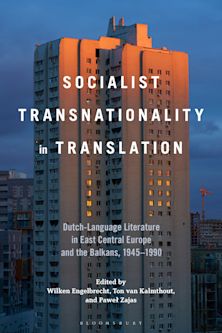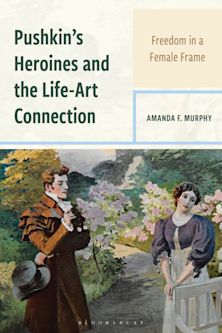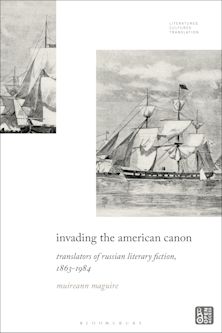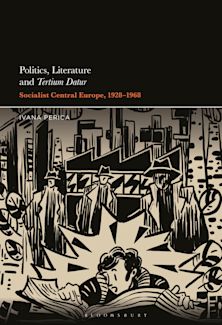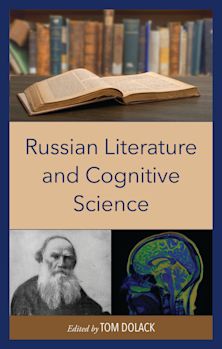Philo-Semitic Violence
Poland's Jewish Past in New Polish Narratives
Philo-Semitic Violence
Poland's Jewish Past in New Polish Narratives
Description
Philo-Semitic Violence: Poland’s Jewish Past in New Polish Narratives addresses the growing popularity of philo-Semitic violence in Poland between the 2000 revelation of Polish participation in the Holocaust and the 2015 authoritarian turn.
Elzbieta Janicka and Tomasz Zukowski examine phenomena termed a “new opening in Polish-Jewish relations,” thought to stem from sociocultural change and the posthumous inclusion of those subjected to anti-Semitic violence. The authors investigate the terms and conditions of this inclusion whose object is an imagined collective Jewish figure.
Different creators and media, same friendly intentions, same warm reception beyond class and political cleavages, regardless of gender and age. The made-to-measure Jewish figure confirms and legitimizes the majority narrative—especially about Polish stances and behaviors during the Holocaust. Enabled by this, philo-Semitic feelings indulge the dominant group in Baudrillard’s retrospective hallucinations. The consequence: aggression toward anyone who dares to interrupt the narcissistic self-staging.
This book exposes the Polish ethnoreligious identity regime that privileges the concern for the collective image over reality. The authors’ inquiry shows how patterns of exclusion and violence are reproduced when anti-Semitism—with its Christian sources and community-building function—is not openly problematized, reassessed, and rejected in light of its consequences and the basic principle of equal rights.
Table of Contents
Elzbieta Janicka, Tomasz Zukowski
Chapter I: Interception of a Document: Po-lin by Jolanta Dylewska (2008)
Elzbieta Janicka, Tomasz Zukowski
Chapter II: Correction of the Reality: Reenacting the Destruction of the Bedzin Ghetto (2010)
Tomasz Zukowski
Chapter III: The Object and Subject of Nostalgia: I Miss You, Jew and The Burning Barn by Rafal Betlejewski (2010)
Tomasz Zukowski
Chapter IV: Purification through Separation: The Commemoration of the Warsaw Ghetto Bridge
(1996, 2007-2011)
Elzbieta Janicka
Chapter V: A Freudian Slip: The Keret House at Zelazna Street in Warsaw (2012)
Elzbieta Janicka
Product details
| Published | Jul 07 2021 |
|---|---|
| Format | Ebook (Epub & Mobi) |
| Edition | 1st |
| Extent | 280 |
| ISBN | 9781793636706 |
| Imprint | Lexington Books |
| Illustrations | 5 b/w photos; |
| Series | Reading Trauma and Memory |
| Publisher | Bloomsbury Publishing |
Reviews

ONLINE RESOURCES
Bloomsbury Collections
This book is available on Bloomsbury Collections where your library has access.













